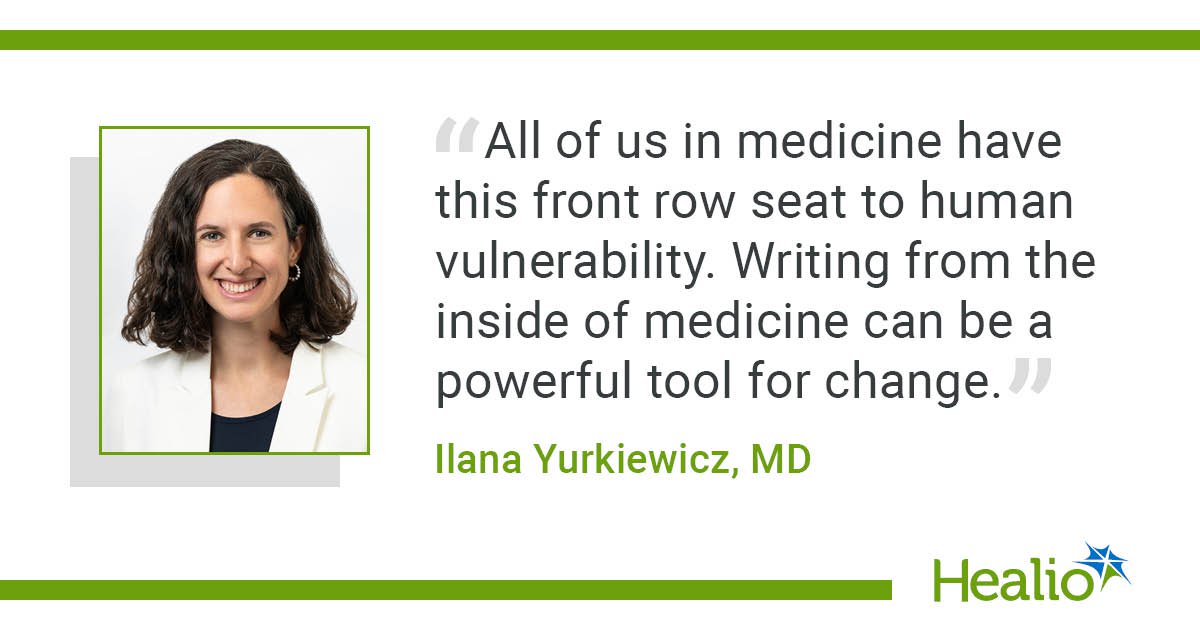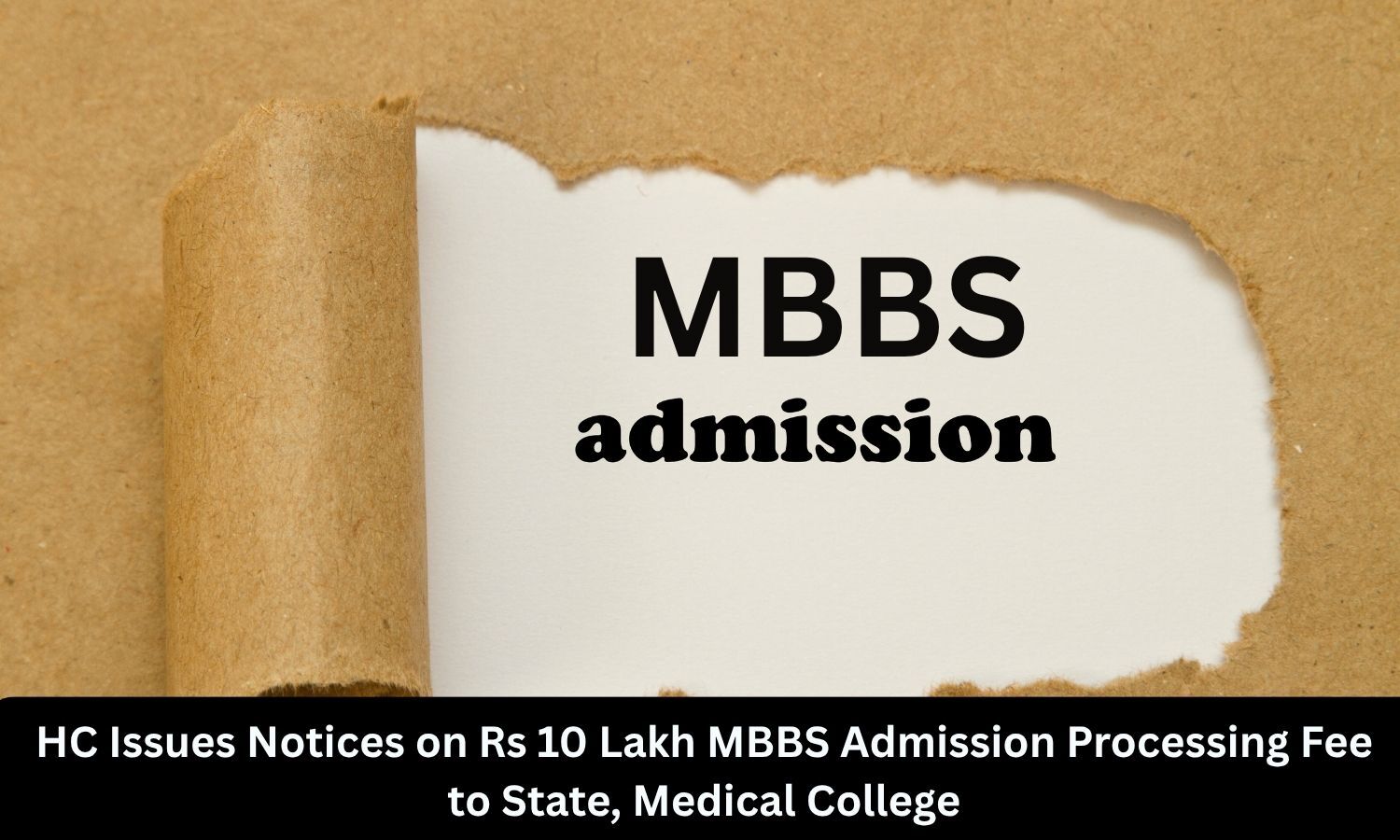September 25, 2025
2 min read
Key takeaways:
- Women can and should publish broadly on ideas-driven topics in health care and medicine.
- Publishing requires attention to the details of pitching and determining fit.
CHICAGO — Physicians who aspire to write and publish in media outlets should understand the process from pitch to publication, according to a presenter at the 2025 Women in Medicine Summit.
“I have been writing about medicine from the very beginning of my career,” Ilana Yurkiewicz, MD, clinical associate professor and physician-journalist in residence in the department of medicine at Stanford University, told Healio. “My goal with this talk is to break down the nuts and bolts of pitching and publishing for the Women In Medicine Summit audience.”

According to Yurkiewicz, doctors who can write are uniquely positioned to shed light on the complexities of the health care system.
“All of us in medicine have this front row seat to human vulnerability,” she said. “Writing from the inside of medicine can be a powerful tool for change.”
The first step in publishing is to pitch a story. Yurkiewicz encouraged writers to familiarize themselves with outlets that are suitable for what they are trying to accomplish, whether it is a feature in a lay publication or an opinion in a peer-reviewed journal.
“Read for tone, word count and topics,” she said. “Address the right editor by the correct name and title and keep your pitch concise.”
Some outlets may want a short summary or proposal, while others may want to see the full piece.
“Pay attention to these details,” Yurkiewicz said.
It is also important to understand the purpose for writing any particular article or essay.
“Why should anyone care to read it and why are you the person to write it?” Yurkiewicz said.
Speaking directly to the Women in Medicine audience, Yurkiewicz offered a comment on gender bias in medical writing. She noted that while bias remains an issue in 2025, with “subtle or overt pressure to write about topics like burnout or guilt,” there are plenty of editors who “get it.”
“Find them,” Yurkiewicz said. “I recommend prioritizing fit over prestige. Just because an outlet is a big, mainstream name does not necessarily mean it is the right outlet for your piece. Find an outlet that will let you tell the story you want to tell.”
Defining goals is also essential to publishing worthwhile work, according to Yurkiewicz.
“Aim to add value, not go viral,” she said. “There are audiences that are hungry for your insights.”
Expectations about what women should contribute to the medical and mainstream media continue to evolve, Yurkiewicz added. She encouraged female physicians to write about broad topics in health care, focusing on idea-driven, solution-oriented work that analyzes science or systems beyond analysis of self.
“This is not to say that more personal topics are not important,” she said. “They are. But I would like the Women in Medicine Summit audience to understand that their collective wisdom and authority matter. Their words are powerful and necessary and can change things in health care.”
For more information:
Ilana Yurkiewicz, MD, can be reached at rheumatology@healio.com.










